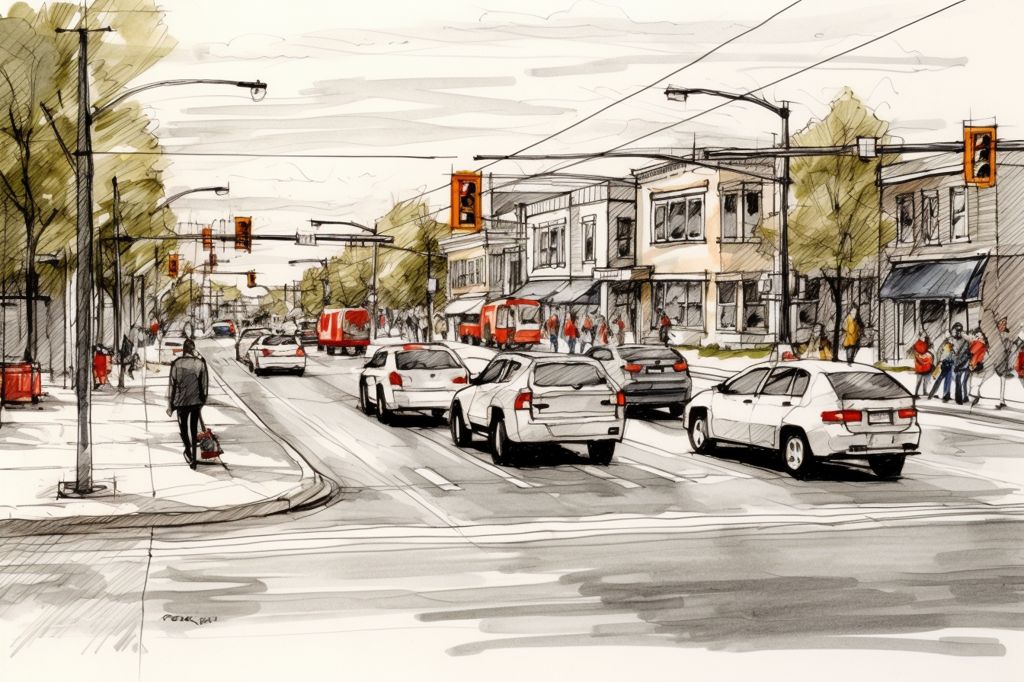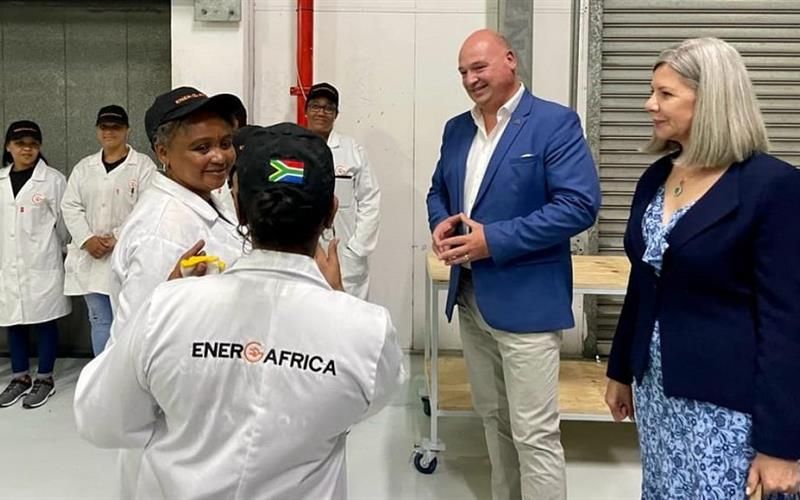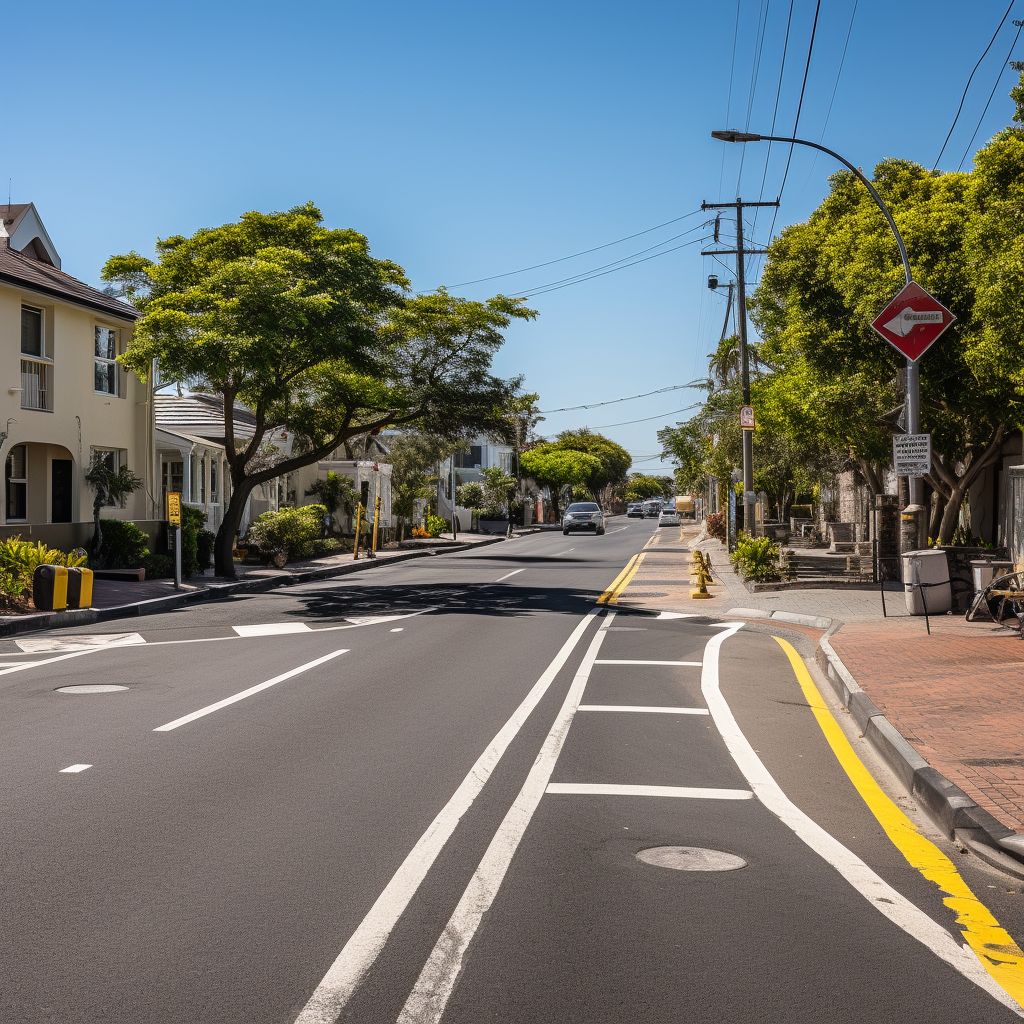The Urban Mobility Directorate of the City of Cape Town is calling on residents of the Southern suburbs to provide their feedback on proposed traffic calming measures for different neighborhoods. Interested locals have until July 31, 2023, to share their opinions and guide the City’s approach to road safety improvements.
The Motivation Behind the Project
Councillor Rob Quintas, the Mayoral Committee Member for Urban Mobility, stated that the proposed traffic calming measures aim to enhance road safety for all road users. The City has identified roads in suburbs across Cape Town with a high concentration of vulnerable road users, including roads close to schools, hospitals, and old age homes.
The Neighborhoods Included
The neighborhoods included in the proposed initiative are Muizenberg, Claremont, Lansdowne, Fish Hoek, Surrey Estate, Constantia, Plumstead, Athlone, Bergvliet, Fairways, Bridgetown, Frere Estate, and Belgravia. Multiple streets within each area are slated for traffic calming measures, subject to the availability of funding.
Providing Feedback
Residents can review the designs and list of affected streets at www.capetown.gov.za/haveyoursay, using the reference number 110222313 for submissions. They can submit comments, recommendations, and input through various channels such as email, online forms, or by visiting the Public Participation Unit in the Civic Centre. Written submissions are also accepted at subcouncils and local libraries.
Assistance for Disadvantaged Groups
The City is offering assistance to individuals who cannot read or write, have special needs, or belong to other disadvantaged groups that may find it difficult to submit written comments. Anthea Bendie, a representative of the Public Participation Unit, can be reached at 021 400 1450 or Anthea.Bendie@capetown.gov.za for further inquiries on submitting feedback.
Enhancing the Quality of Life
The proposed traffic calming measures aim to enhance road safety and contribute to the overall quality of life in the Southern suburbs. By engaging with local residents, the City of Cape Town hopes to develop a comprehensive and informed approach that addresses the specific needs and concerns of each community.
A Crucial Opportunity for Citizen Involvement
This public consultation process represents a crucial opportunity for citizens to voice their opinions and contribute to shaping the future of their neighborhoods. By getting involved and offering valuable feedback, residents can play an active role in enhancing the safety and well-being of their communities.








